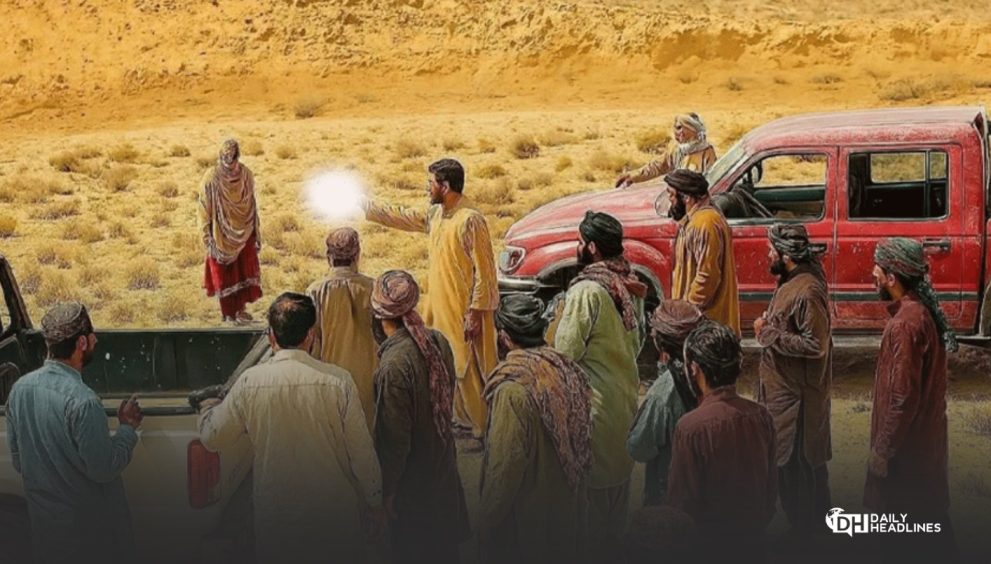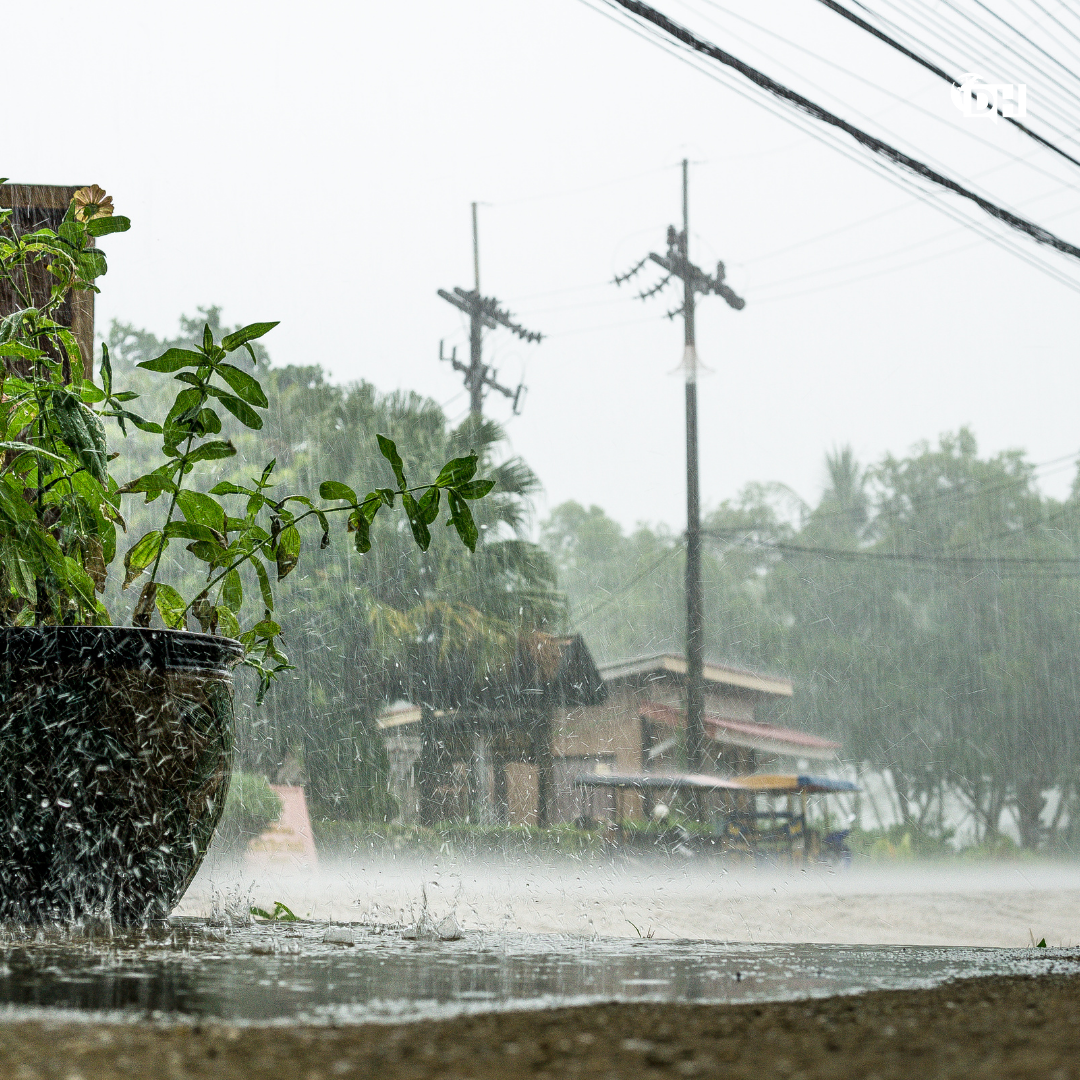In the heart of Quetta, Balochistan, a chilling incident has stirred emotions across Pakistan and beyond. A disturbing video, showing the brutal killing of a couple over ‘honor,’ went viral this past weekend, raising critical questions about the persistence of honor killings in the region. The murder of Ehsan Samalani and Bano Satakzai, both reportedly slain for marrying without family consent, has reignited the urgent debate on the country’s approach to gender-based violence and the deeply rooted cultural practices that justify such horrific acts.
The viral video, which surfaced shortly after Eid -ul-Azha, captures the tragic moment when the woman and man were ruthlessly executed by a group of people. The chilling footage has become a stark reminder of how women, in particular, continue to be trapped by patriarchal structures that value ‘honor’ over human life.
In this case, the couple was said to have wed out of love, a decision that angered their families. This alone is enough to paint the grim picture of a society where individuals, especially women, have little power over their own lives. According to reports, the couple was invited to the village for what seemed like an innocent lunch. However, it was there, in an isolated spot in Dagari, that they were informed by the ‘elders’ of the community that they were to be punished for their defiance.
As the woman, Bano, spoke her last words, pleading for mercy, the situation grew increasingly grotesque. She reportedly told her killers, “You are allowed to shoot me, but nothing more than that,” adding a chilling humanity to her final moments. Despite her plea, she was shot three times, followed by the execution of her partner. The bodies have yet to be recovered, making the investigation even more complicated. Yet, the emotional and psychological toll of this case is undeniable.
For many, this incident is yet another reminder that honor killings remain a real and brutal threat, especially for women who challenge traditional norms. As the video spread across social media, the Balochistan government acted quickly, with Chief Minister Sarfraz Bugti making a decisive call for justice. A case was filed under anti-terrorism laws, highlighting the severity of the crime and signaling that the state would not tolerate such barbarism.
One primary suspect has been arrested, and authorities are continuing their manhunt for other culprits. The use of facial recognition technology and Nadra data has helped track down the individuals involved in the killing. According to spokesperson Shahid Rind, the investigation is ongoing, and all necessary measures are being taken to ensure the perpetrators are brought to justice. “The state will not remain a silent spectator to such barbarism,” CM Bugti said. His words reflect a growing sentiment in Balochistan, one where the state’s role in curbing violence against women is coming under increasing scrutiny.
This incident has also prompted national outrage. PPP Chairman Bilawal Bhutto-Zardari, whose party governs the province, condemned the act and called those responsible “beasts who deserve no mercy.” Similarly, Aladdin Khilji, a prominent activist from the Aurat Foundation, voiced his shock and grief. “This video has shaken us to the core,” Khilji said. “It is a stark reminder that honor killings remain a brutal reality in Balochistan, where 212 such murders have been reported between 2019 and 2024.”
From a personal perspective, these killings are not just a reflection of a broken system but a tragic failure to humanize and protect the most vulnerable. Despite legislative strides and the increasing presence of women’s rights organizations, incidents like this continue to surface with alarming regularity. While the arrest of the primary suspect is a step forward, the real challenge lies in tackling the systemic violence that enables honor killings to persist.
This case should not be viewed in isolation. The emotional devastation of the families involved is deeply personal and painful, yet the societal implications extend far beyond Balochistan. It speaks to the urgent need for reform in how gender-based violence is treated by the legal system and the social structures that sustain such cruelty.
In conclusion, while the arrest of the culprit is a positive development, it remains insufficient without a comprehensive societal shift. The state must do more than arrest perpetrators; it must confront the deep-seated cultural norms that allow such acts to occur with impunity. Until then, honor killings will continue to haunt the lives of countless women in Balochistan and across Pakistan.







